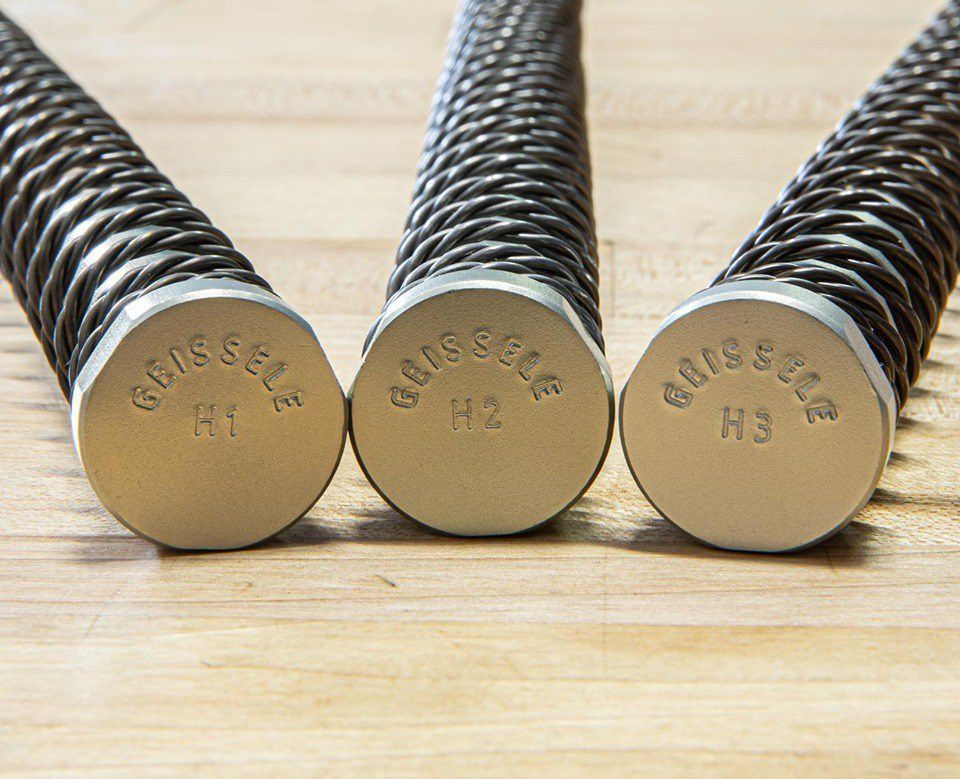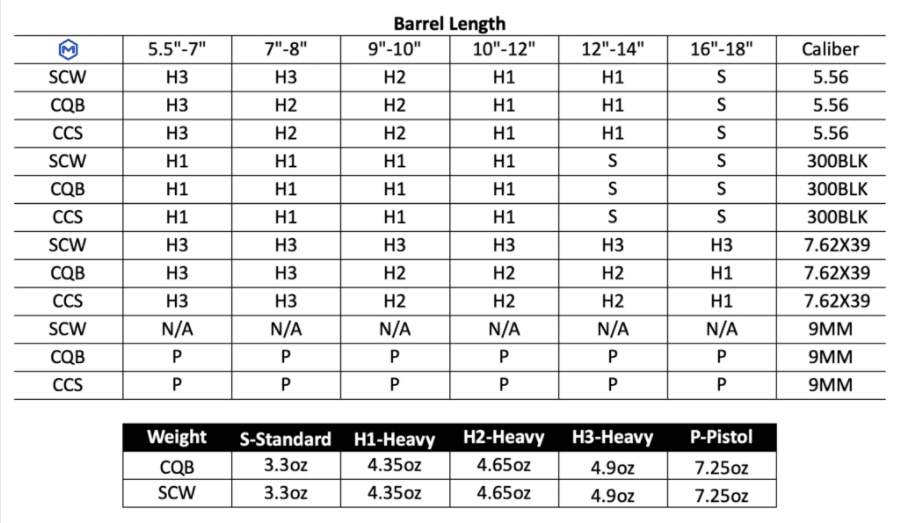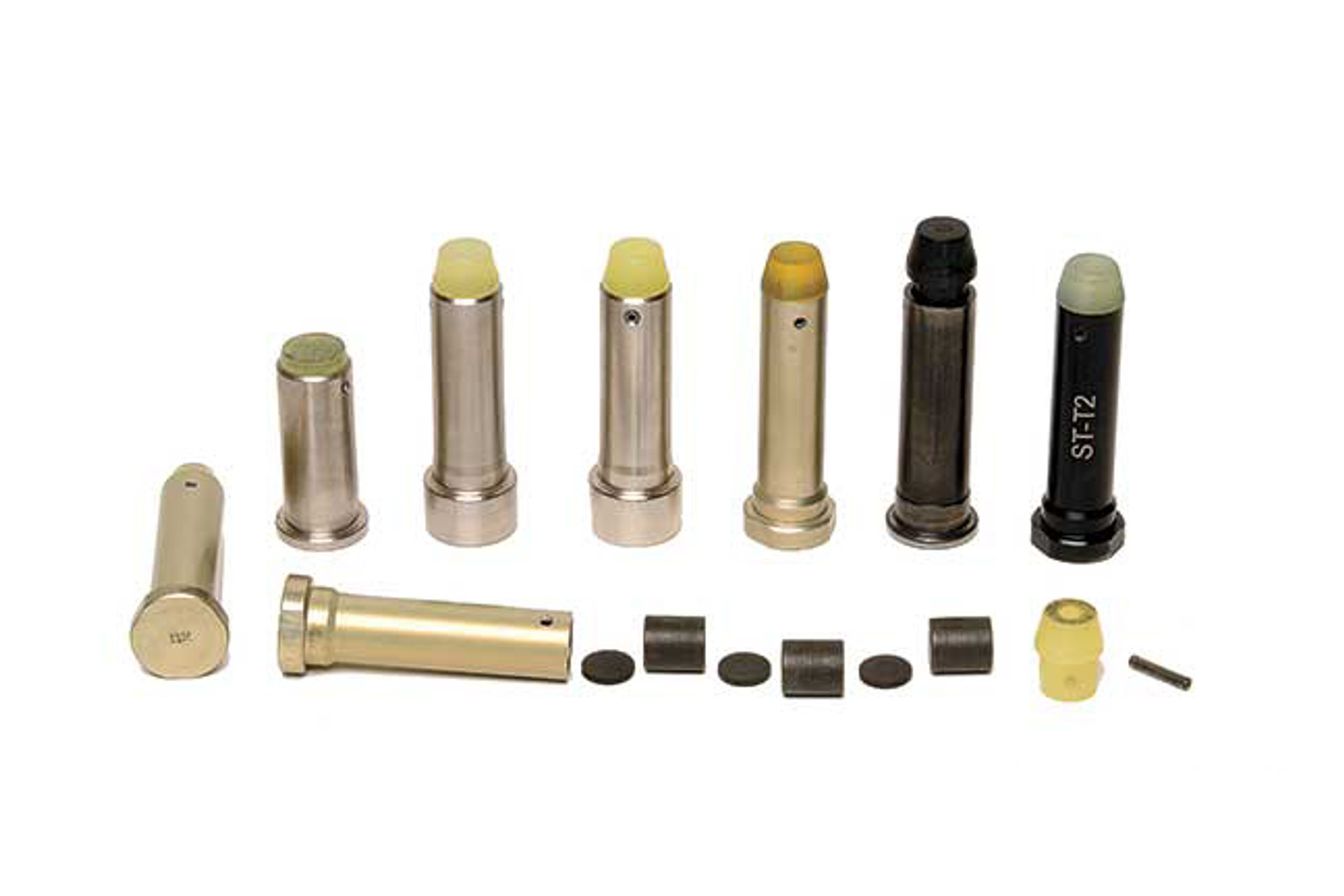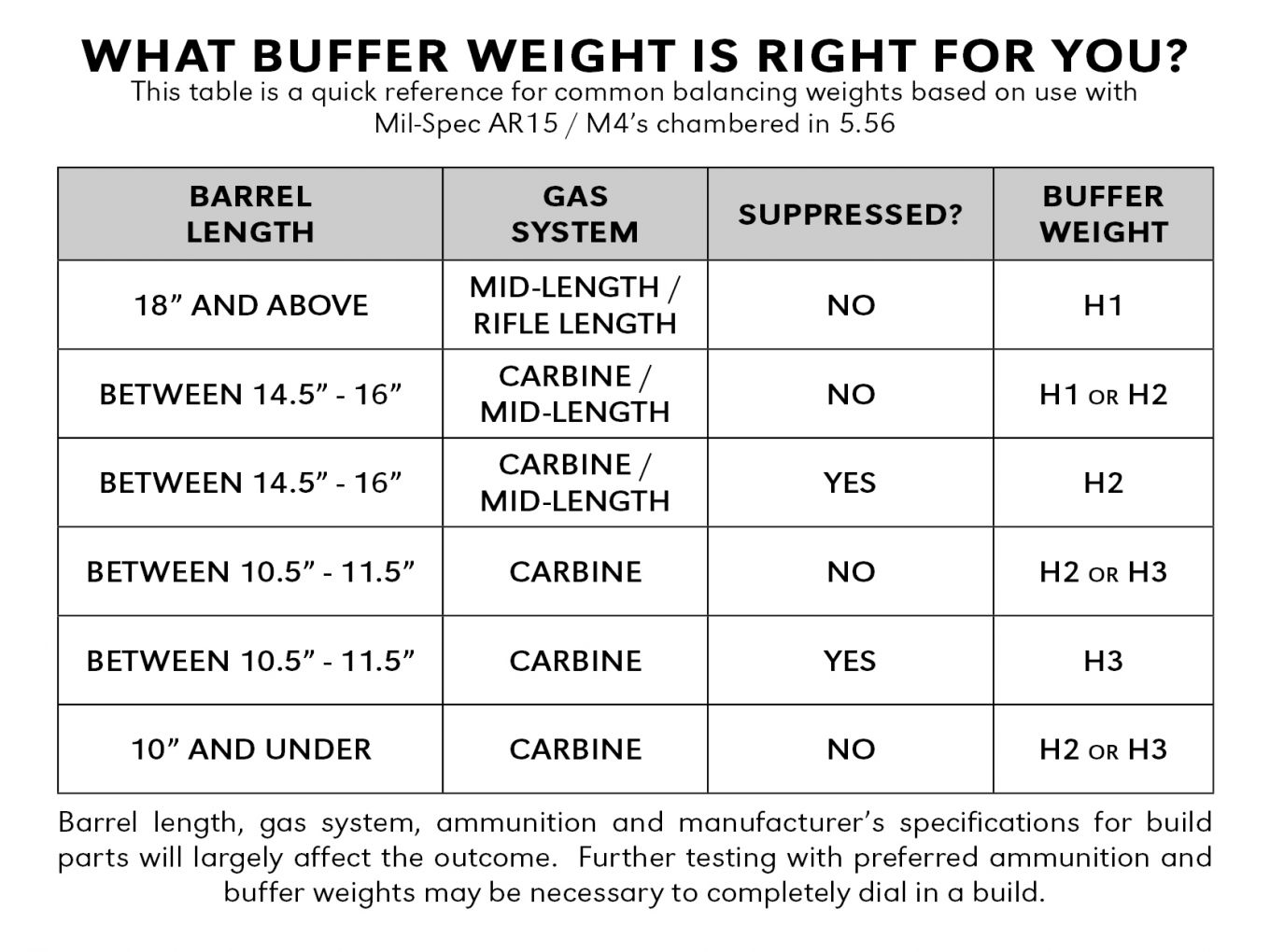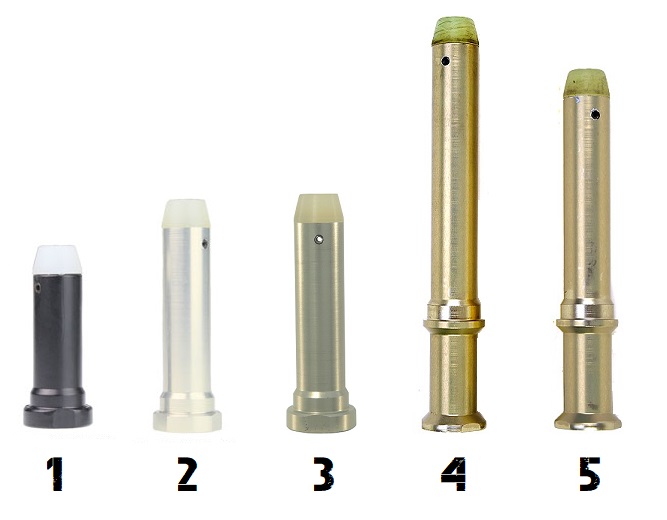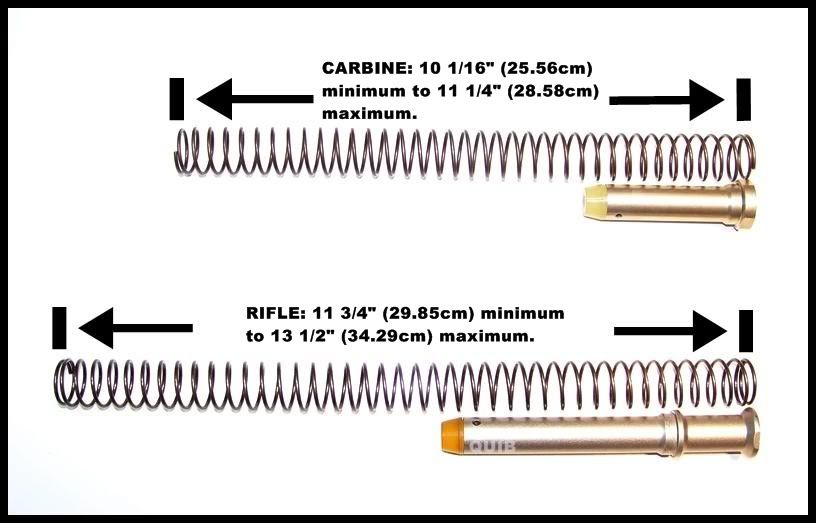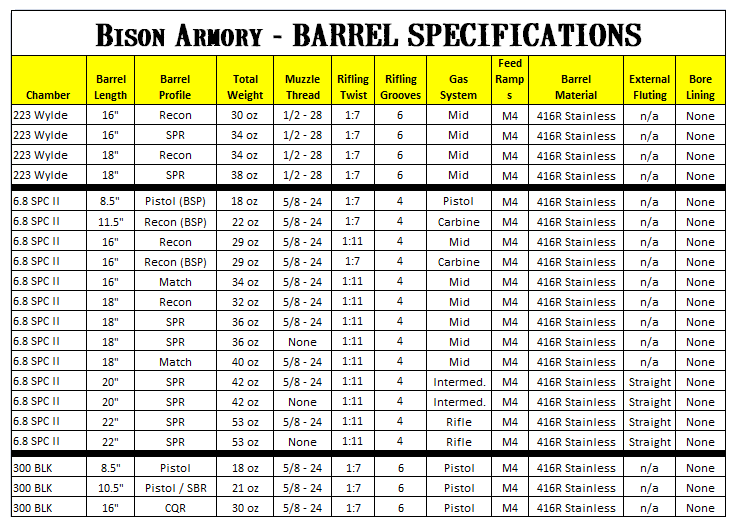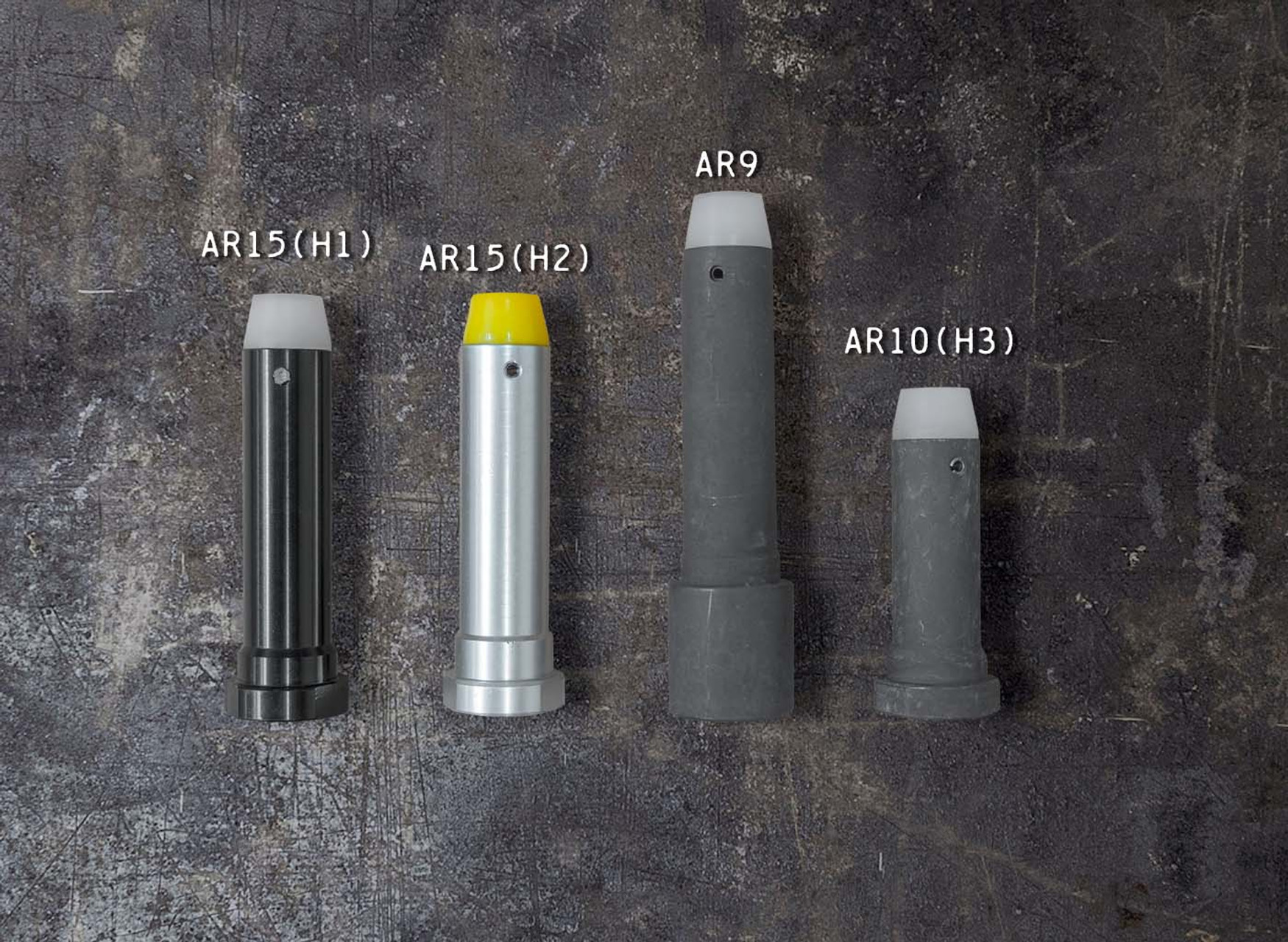A standard carbine buffer should weigh 2.9 ounces. A standard carbine buffer should weigh roughly 3 ounces. Carbine buffers have 3 steel weights, weighing in at a total of 3 oz. Web can anyone explain to me how one goes about selecting the proper buffer weight for specfic combinations? Barrel length, gas system, ammunition and manufacturer’s specifications for build parts will largely affect the outcome.
Barrel length, gas system, ammunition and manufacturer’s specifications for build parts will largely affect the outcome. Web if you fire 5.56 nato, a tier 2 buffer weight is ideal. Moving up in weight, an h buffer, or heavy buffer, is nearly a full ounce heavier at 3.8 ounces. The correct one to use is determined by the firearm setup (receiver size, buffer tube type, and chambering). It's important to choose the right buffer weight for your rifle to ensure optimal performance and shooting experience.
Carbine buffer weights are the lightest and are typically used in shorter barrel rifles. Web get all the information you need on ar 15 buffers including, how to remove your buffer spring from your buffer tube, which buffer weight (carbine, rifle, h1, h2, or h3) works best. Web what buffer weight is right for you? Moving up in weight, an h buffer, or heavy buffer, is nearly a full ounce heavier at 3.8 ounces. Web if you fire 5.56 nato, a tier 2 buffer weight is ideal.
3.0 oz, 3.8 oz (h), 4.6 oz (h2), 5.4 oz (h3) & 6.5 oz (hss). The appropriate buffer weight depends on several factors, including the rifle's caliber, gas system length, ammunition type,. A standard carbine buffer should weigh roughly 3 ounces. This chart provides a good reference for how tuned your rifle is. Web what buffer weight is right for you? Buffers are designed with various lengths and weights. According to the chart there are five (5) carbine buffers; Carbine buffer weights are the lightest and are typically used in shorter barrel rifles. We review carbine, h, h1, h2, h3, and rifle buffers, as well as custom options. This is the most common size/weight buffer. Carbine buffers have 3 steel weights, weighing in at a total of 3 oz. Moving up in weight, an h1 buffer weight, or heavy buffer, is nearly a full ounce heavier at 3.8 ounces. Web when it comes to choosing the right buffer weight for your ar15, there are several options to consider. This is fine for most applications,. Web get all the information you need on ar 15 buffers including, how to remove your buffer spring from your buffer tube, which buffer weight (carbine, rifle, h1, h2, or h3) works best.
The H2 Buffer Weight Should Weigh Roughly 4.6 To 4.7 Ounces.
We'll also compare the modern carbine buffer to the original rifle buffer. The carbine buffer, also known as the standard buffer, weighs around 3 ounces. Moving up in weight, an h buffer, or heavy buffer, is nearly a full ounce heavier at 3.8 ounces. We review carbine, h, h1, h2, h3, and rifle buffers, as well as custom options.
The H2 Buffer Has A Slight Variance Depending On The Manufacturer, But Should Be 4.6 To 4.7 Ounces.
Barrel length, gas system, ammunition and manufacturer’s specifications for build parts will largely affect the outcome. This is the standard weight buffer in the standard carbine size housing. Carbine buffer weights are the lightest and are typically used in shorter barrel rifles. Web get all the information you need on ar 15 buffers including, how to remove your buffer spring from your buffer tube, which buffer weight (carbine, rifle, h1, h2, or h3) works best.
This Chart Provides A Good Reference For How Tuned Your Rifle Is.
While it seems simple, it can get complicated fairly quickly, as there are many weights to choose from. The most common buffer weights are carbine, h1, h2, and h3. 3.0 oz, 3.8 oz (h), 4.6 oz (h2), 5.4 oz (h3) & 6.5 oz (hss). Moving up in weight, an h1 buffer weight, or heavy buffer, is nearly a full ounce heavier at 3.8 ounces.
Web Can Anyone Explain To Me How One Goes About Selecting The Proper Buffer Weight For Specfic Combinations?
Buffers are designed with various lengths and weights. It's important to choose the right buffer weight for your rifle to ensure optimal performance and shooting experience. This is fine for most applications,. If you have ever heard of someone tuning a rifle, altering the buffer weight and springs is how seasoned.
